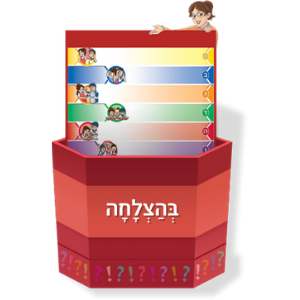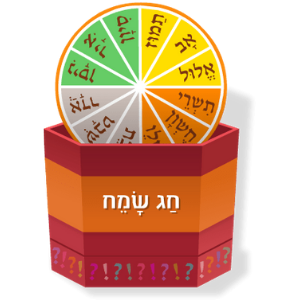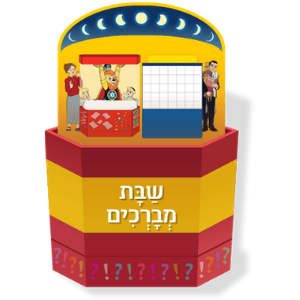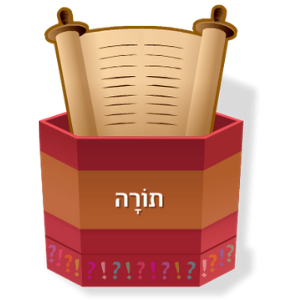
Products > Grade 3 >
iTaLAM 3
iTaLAM 3
Special Links




 The material that will be taught in the Hebrew Language unit called “B’hatzlecha B’Kita” deals with four main topics:
The material that will be taught in the Hebrew Language unit called “B’hatzlecha B’Kita” deals with four main topics: In the iTaLAM 3 holiday unit, students expand the knowledge that was acquired over the previous years regarding the central content of each holiday and the connection between the preparations for the holidays and its mitzvot and customs. The students develop multi-directional understanding and learn to compare between the past and present–ancient times and current times. The students learn the history behind the holidays, the laws and the customs of each holiday as well as the blessings that are said in greeting to their family and friends that are unique for each holiday.
In the iTaLAM 3 holiday unit, students expand the knowledge that was acquired over the previous years regarding the central content of each holiday and the connection between the preparations for the holidays and its mitzvot and customs. The students develop multi-directional understanding and learn to compare between the past and present–ancient times and current times. The students learn the history behind the holidays, the laws and the customs of each holiday as well as the blessings that are said in greeting to their family and friends that are unique for each holiday. The iTaLAM 3 Shabbat track focuses on Shabbat Mevarchim, the Shabbat before Rosh Chodesh. The program of Shabbat Mevarchim connects each Shabbat with an interesting subject matter or holiday that will take place in the upcoming month.
The iTaLAM 3 Shabbat track focuses on Shabbat Mevarchim, the Shabbat before Rosh Chodesh. The program of Shabbat Mevarchim connects each Shabbat with an interesting subject matter or holiday that will take place in the upcoming month. iTaLAM Torah studies comprise a rich learning experience in which the main goals are as follows:
iTaLAM Torah studies comprise a rich learning experience in which the main goals are as follows:
